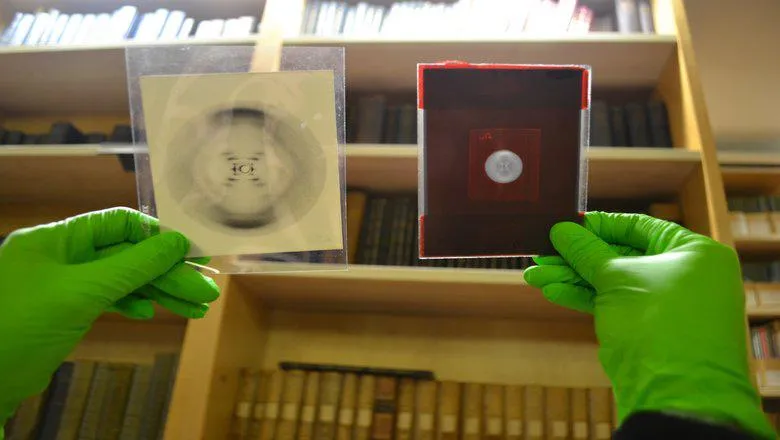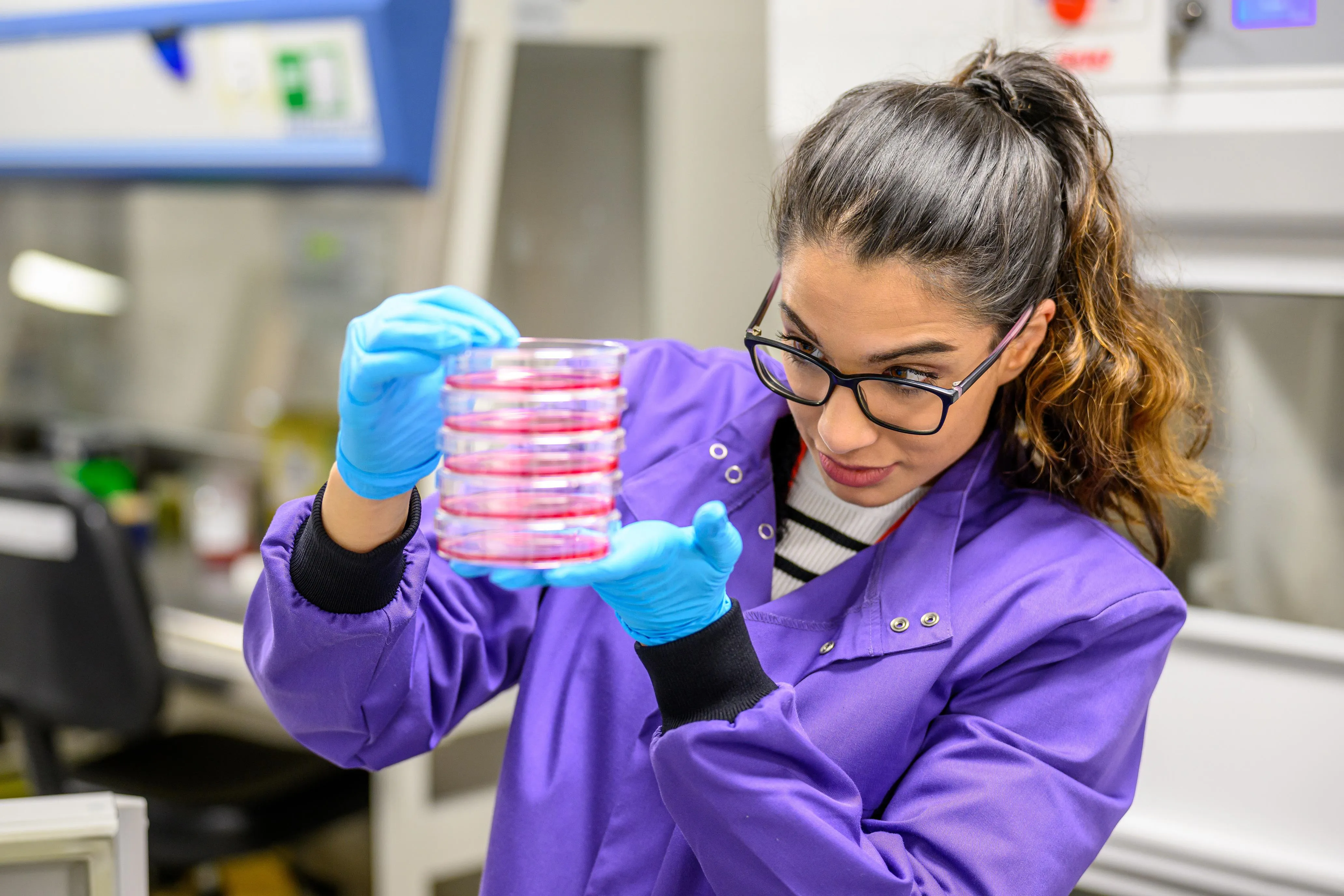Brain stimulation device cleared for ADHD in the US is overall safe but ineffective
A large multicentre clinical trial led by King’s College London with 150...
A large multicentre clinical trial led by King’s College London with 150...
New research led by King’s College London, in collaboration with the...
An evidence-based web-app helped children with epilepsy to fall asleep on...
Meet Dr Alex Taylor, whose research explores what happens when life’s...
Meet Dr Gordon Yip, who recently joined King’s to continue exploring how...
Across a wide range of scientific and industrial fields, from healthcare...
Science has the power to solve the world’s most urgent challenges. We know interdisciplinary collaboration across the sciences and beyond is critical to accelerate breakthrough discoveries. King's has a rich history of pioneering cutting-edge science. Our scientists discovered the structure of DNA, developed electromagnetism and delivered the first human-to-human blood transfusion. We are now ushering a new era of scientific innovation. Uniting our collective expertise, we are responding to urgent global questions that extend from net zero carbon futures to quantum technologies.


We aim to become the UK’s leading university for future-facing science education and a global powerhouse in cross-disciplinary scientific research. We are advancing connections across the sciences to deliver teaching and research that inspires solutions to complex global issues. By nurturing, attracting and bringing together talent working at the interface of fundamental and applied science, we are shaping an ethos of discovery rooted in interdisciplinary thinking.
Underpinning solutions for addressing key environmental issues
Transforming understanding of the fundamentals of life
Strengthening research collaborations.
King's world-class science degrees deliver future-facing education, taught by leading academics in cutting-edge facilities. Students learn how to solve major societal challenges through an interdisciplinary lens, gaining the skills and experience needed to work within emerging and future industries across the science spectrum. Our flagship Natural Sciences degree programmes are rooted in scientific problem-solving. Through embedded training in entrepreneurship skills, students develop innovative, agile thinking that enhances their future employability.

Empowering students to solve societal challenges
Interdisciplinary teaching focused on scientific problem solving
Designed for students with a passion for science and discovery
Interdisciplinary science is fundamental to solving global challenges and developing the scientific breakthroughs of the future. Building on our heritage of ground-breaking discovery, we are embracing synergies at the interface of the physical and life sciences to strengthen our position as a world-leader in interconnected science research. Our expert scientists are already propelling new research forward. We are now creating the conditions needed to stimulate new discoveries by recruiting talent, providing the infrastructure for novel collaborations and incentivising research efforts that have potential to change the world.

World-class science teaching
Pioneering breakthrough science research
Investment in education, talent and facilities